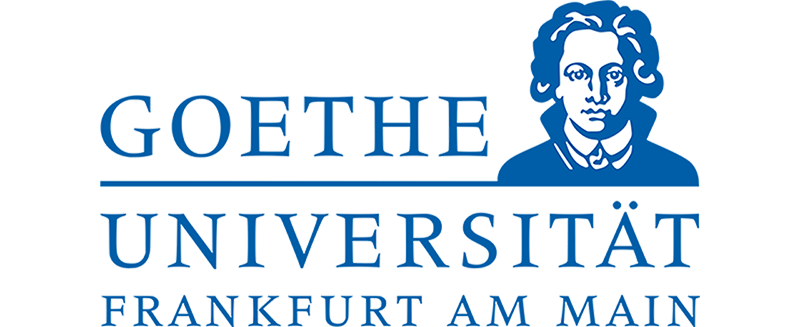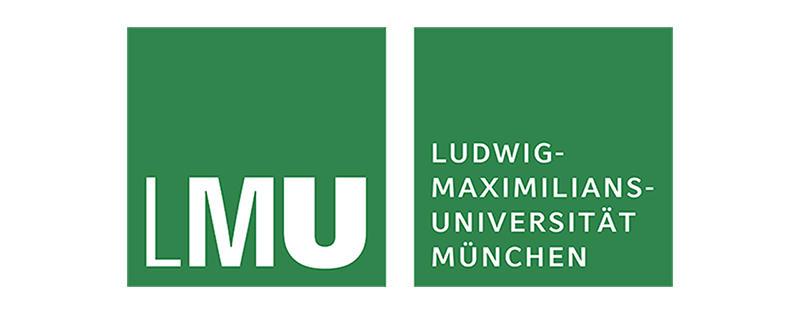Study goals and benefits
The project aims to investigate the effectiveness of Imagery Rescripting, a short innovative trauma-focused intervention, for the treatment of posttraumatic stress disorder in refugees.
Imagery Rescripting is offered as individual psychotherapy containing ten 100-minute sessions over ten weeks. As a central part of the treatment, patients are asked to imagine the beginning of a traumatic event and then change its course in a way that is more bearable (e.g. disempowering the attacker). If necessary, an interpreter is present during therapy.
Control group participants receive information and advice regarding usual care in the German health care system. In order to investigate treatment effects, symptoms are assessed before and after treatment and another 3 and 12 months later.
Since Imagery Rescripting is shorter than many other trauma-focused treatments, it has the potential to lead to quick recovery or improvement of well-being. A short treatment can make the best use of available therapist resources and ensure that trauma-focused psychotherapy becomes available to many refugees in need.
Additional study information
Many refugees suffer from posttraumatic stress disorder (PTSD) related to various kinds of trauma. Brief, effective, and tolerable interventions are needed to improve patients’ quality of life. Imagery Rescripting (ImRs) is a brief and innovative intervention that does not comprise exposure to the trauma memory and has been demonstrated to be very effective for PTSD in a pilot study with refugees (Arntz et al., 2013) and in the treatment of PTSD in general (Arntz, 2012; Holmes et al., 2007). The project aims to evaluate the efficacy of outpatient culturally adapted ImRs. The randomized-controlled trial compares ImRs with Usual Care and Treatment Advice (UC+TA) in a sample of refugees suffering from PTSD. The trial is conducted at four sites (Frankfurt, Marburg, München, Münster).
Ninety patients who entered Germany as a refugee and who receive a diagnosis of PTSD will be included in the study. ImRs consists of ten sessions within ten weeks of manualized treatment. Participants in the UC+TA condition will be informed about the health care system and referred to institutions of public mental health care. Referral will be made through a standardized information leaflet.
Symptoms of PTSD and general mental health are assessed before treatment begins, immediately after treatment, and three and 12 months post-treatment with clinical interviews and self-report instruments. PTSD remission rate is the primary outcome. Secondary outcomes are severity of PTSD symptoms, improvement of general psychiatric symptoms, dissociation, quality of sleep, general functioning, and satisfaction with treatment.
Study procedures
The following figure describes participants’ flow through the study. We first screen whether all inclusion criteria are met. Next, we conduct a detailed psychological assessment and hold a feedback session. In the following therapy phase, patients either receive 10 sessions of ImRs or are free to use other treatment options. Immediately afterwards, as well as 3 and 12 months later, we again invite participants’ for a psychological assessment to evaluate changes in symptomatology.
Group 2: Use of other treatment options
Publications
Studienprotokoll | European Journal of Psychotraumatology
Steil, R., Lechner-Meichsner, F., Johow, J., Krüger-Gottschalk, A., Mewes, R., Reese, J.-P., Schumm, H., Weise, C., Morina, N.*, & Ehring, T.* (in press). Brief imagery rescripting vs. usual care and treatment advice in refugees with posttraumatic stress disorder: Study protocol for a multi-center randomized-controlled trial. European Journal of Psychotraumatology. doi: 10.1080/20008198.2021.1872967
Contact
Dr.phil Franziska Lechner-Meichsner
meichsner@psych.uni-frankfurt.de
+49 69 798 23909
Goethe-Universität Frankfurt, Abteilung Klinische Psychologie und Psychotherapie
Institut für Psychologie
Varrentrappstr. 40-42
60486 Frankfurt am Main



Coordinators
Apl. Prof. Dr. Regina Steil, Goethe-Universität Frankfurt, Abteilung Klinische Psychologie und Psychotherapie
Prof. Dr. Thomas Ehring, Ludwig-Maximilians-Universität München, Department Psychologie, Klinische Psychologie und Psychotherapie
Prof. Dr. Nexhmedin Morina, Westfälische Wilhelms-Universität Münster, Institut für Psychologie, Klinische Psychologie und Psychotherapie